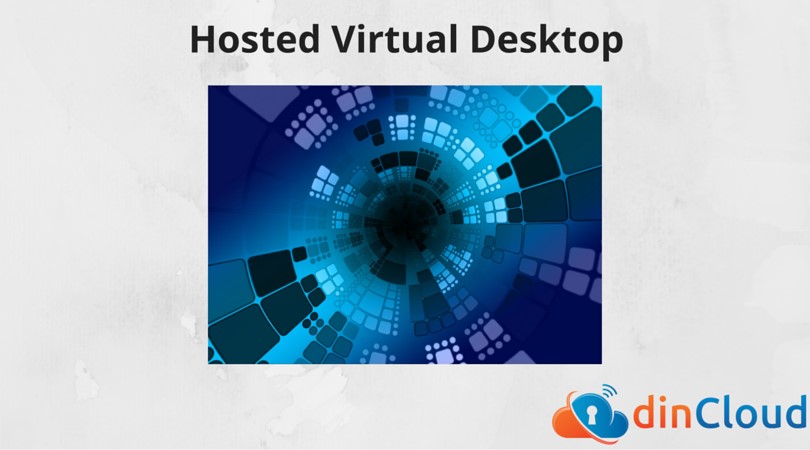Virtual Private Network Challenges
When you can’t compromise security, installing a Virtual Private Network (VPN) may seem like the only option to provide users with access to data and applications. Luckily, it’s not. Installing a VPN can prove costly and time-consuming, especially when ongoing maintenance is taken into consideration.
Beyond that, there are several common challenges that companies should consider before installing a VPN solution. These include:
Security Considerations
No matter the strength of your VPN solution, it will not be able to completely negate data security threats since your ISP also plays a key role. It’s also imperative that your ISP supports the protocols associated with your VPN provider.
Fragmented Data
Because end-to-end throughput is not offered via VPN links and packet loss is a common occurrence, fragmented data output is common.
Connectivity Issues
Performance and speed can be impacted. A decline in network performance is common among VPN users.
For more challenges see this article

DaaS, A Virtual Private Network Alternative
Looking to avoid the aforementioned headaches? Hosted Virtual Desktops (HVDs) provide an alternative to VPN access. With HVDs, you can still provide secure access to your corporate network without having to incur the time and resources needed to install a VPN.
With a hosted virtual desktop, users can login through an internet browser, wherever they may be located, from any iOS, Windows or Android device. Once logged in, all their applications will be available. The connection to the hosted virtual desktop is encrypted and secure. A hosted virtual desktop may be a much more economical way of gaining secure access to your company’s data and applications than a VPN. And best of all, you do not have to maintain it directly.
For more information on hosted virtual desktops, please see our HVD page.


